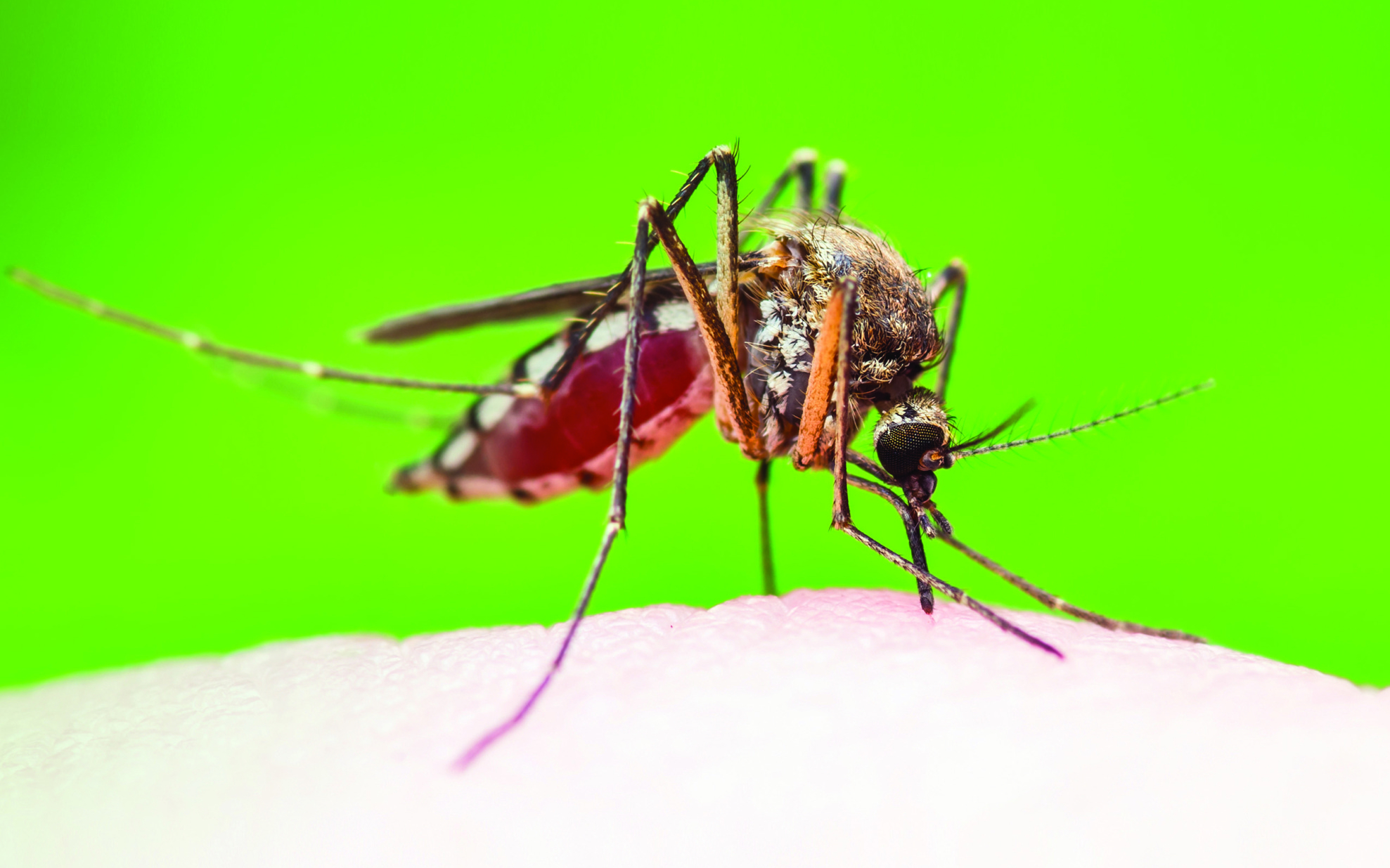Mosquito surveillance season is underway
Published on May 5, 2023
A mosquito is more than just an annoying pest. It’s also one of the world’s most deadly animals. As the Centers for Disease Control and Prevention (CDC) puts it, “Spreading diseases such as malaria, dengue, West Nile, yellow fever, Zika, chikungunya, and lymphatic filariasis, the mosquito kills more people than any other creature in the world.”
For the Southern Nevada Health District (SNHD), the threat of mosquitoes is front and center, especially due to wet conditions in Clark County. In fact, SNHD and Clark County Vector Control are predicting a potentially early and active mosquito season as it gets underway. The two entities are continuing a decades-long partnership in managing mosquitos throughout the county, setting traps to survey mosquito quantity, species and infected mosquitos.
During mosquito season, SNHD Environmental Health staff set 50 to 60 traps per day for weeks at a time at parks, wash channels, wetland areas and other potential breeding sites across the valley. Hundreds of mosquitoes are captured in the field and transported in coolers back to a laboratory at SNHD’s Main Public Health Center, where they are sorted — one mosquito at a time — and meticulously cataloged into “pools” by species and location. The samples are then sent to the Southern Nevada Public Health Laboratory to test specimens for harmful arboviruses like West Nile virus, dengue and Zika. The data resulting from these tests provide critical insight into the potential health threat to the community.
West Nile Virus reached unprecedented activity in Clark County in 2019, with 43 human cases, including one death. In stark contrast, almost no activity was reported in 2020, 2021 and 2022.
Public involvement is essential in reducing the number of mosquitoes, and that is where the Fight the Bite campaign comes in. Fight the Bite calls on people to take three simple steps to protect themselves and their community from mosquitoes:
Eliminate standing water. Drain standing water around your house. Even small containers of water can breed mosquitoes.
Prevent mosquito bites. Dress appropriately – wear light colored, loose fitting clothing. Some mosquito species are more attracted to dark clothing. Defend yourself by using an EPA-registered mosquito repellant.
Report mosquito activity. SNHD urges people to report mosquito activity to its surveillance program at (702) 759-1633. To report a green pool, people should contact their local code enforcement agency. For more information about mosquito surveillance, visit www.snhd.info/mosquito-control.

